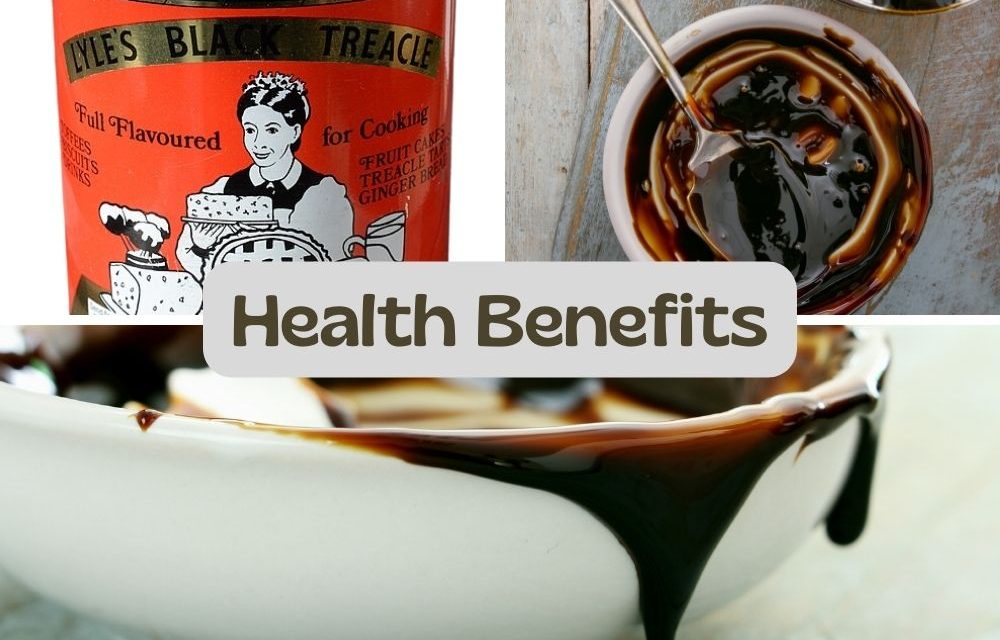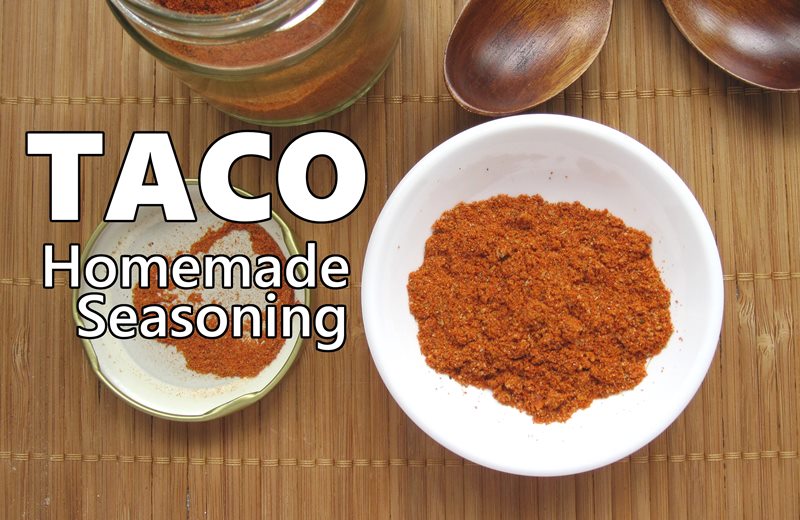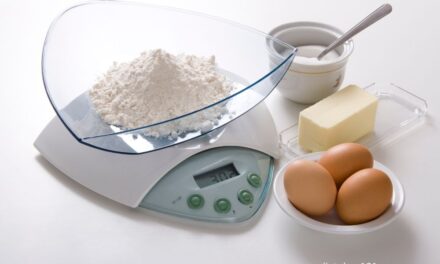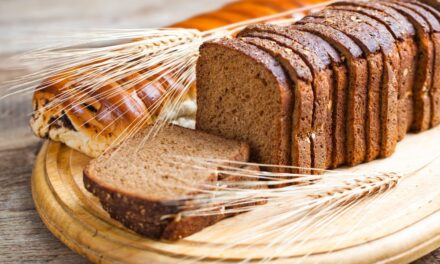Black treacle, a staple in many British pantries, is often regarded merely as a sweetener. However, this dark, syrupy substance is more than just a sugary ingredient; it comes with numerous health benefits and versatile culinary applications. Whether you’ve used it in baking or drizzled it over your porridge, black treacle has much to offer.
Black Treacle: A Sweetener with Benefits
Black treacle is a thick, viscous syrup that is derived from the sugar refining process, specifically the extraction of sugar from sugar cane or sugar beets. This syrup is often confused with molasses, but it has its distinct characteristics. Its deep color and robust flavor make it an intriguing addition to many recipes, particularly in British cuisine.
Unlike white sugar, black treacle is less processed, retaining some of the minerals and nutrients from the sugar cane or beet.
Beyond its culinary attributes, black treacle boasts an array of health benefits. It is rich in minerals like iron, calcium, magnesium, and potassium. This makes it an excellent natural alternative to refined sugars, especially for those looking to boost their nutrient intake while satisfying their sweet tooth. The iron content in black treacle is particularly noteworthy, as it can help combat anemia and promote better oxygen circulation in the body.
Moreover, black treacle is known for its antioxidant properties, which may help reduce inflammation and combat oxidative stress. This can be beneficial for overall health and well-being. Embracing black treacle not only enhances your meals but also contributes positively to your nutrition. So, if you’re looking for a delicious way to sweeten your dishes while reaping health benefits, black treacle is a wonderful option.
The unique taste of black treacle can elevate a wide range of recipes. Its deep, rich flavor profile marries beautifully with both sweet and savory dishes, making it an incredibly versatile ingredient.
Whether you’re a seasoned cook or just starting in the kitchen, black treacle is an excellent choice to explore.
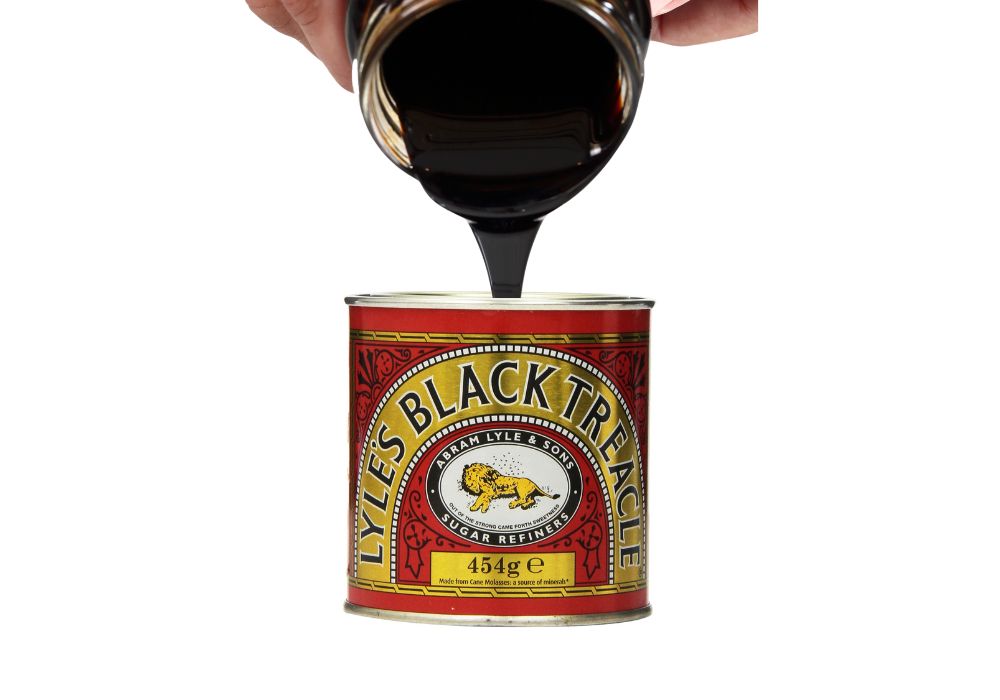
Nutritional Value: Why Black Treacle Packs a Punch
When delving into the nutritional value of black treacle, it’s essential to highlight its mineral content. A tablespoon of black treacle contains approximately 60 calories, which is relatively low compared to other sweeteners. It provides a substantial amount of iron, about 20% of the recommended daily intake for adults, making it an excellent choice for those looking to boost their iron levels naturally.
In addition to iron, black treacle is also a source of calcium, which is vital for maintaining strong bones and teeth. This mineral is especially important for growing children and aging adults who are at a higher risk of osteoporosis. The presence of other minerals like magnesium and potassium further enhances its nutritional profile, contributing to cardiovascular health and muscle function.
Furthermore, black treacle offers small amounts of B vitamins, such as niacin and riboflavin, which play a crucial role in energy metabolism and maintaining a healthy nervous system. This means that, in addition to its sweetening properties, black treacle can serve as a helpful nutrient booster in your diet.
It’s worth noting that while black treacle does contain sugars, its complex flavor allows you to use less when sweetening dishes compared to refined sugars. Thus, it provides a delicious and nutritious alternative that can support overall health when consumed in moderation.
Black Treacle Nutritional Facts (per 100g)
| Nutrient | Amount | % Daily Value |
|---|---|---|
| Calories | 290 kcal | 14% |
| Total Fat | 0.1 g | 0% |
| Saturated Fat | 0 g | 0% |
| Cholesterol | 0 mg | 0% |
| Sodium | 130 mg | 5% |
| Total Carbohydrates | 74 g | 25% |
| Dietary Fiber | 0.2 g | 1% |
| Sugars | 69 g | – |
| Protein | 0.2 g | 0% |
| Vitamin B6 | 0.67 mg | 33% |
| Niacin (Vitamin B3) | 2 mg | 10% |
| Riboflavin (Vitamin B2) | 0.09 mg | 5% |
| Calcium | 205 mg | 21% |
| Iron | 4.7 mg | 26% |
| Magnesium | 242 mg | 61% |
| Potassium | 1460 mg | 42% |
| Phosphorus | 40 mg | 4% |
| Zinc | 0.29 mg | 2% |
| Copper | 0.5 mg | 25% |
| Manganese | 1.5 mg | 75% |
| Selenium | 3.6 µg | 5% |
Key Nutritional Highlights
- Rich in Minerals:
- Iron: 4.7 mg per 100g, providing 26% of the daily recommended intake. Beneficial for blood health and combating anemia.
- Calcium: 205 mg per 100g, contributing 21% to bone health.
- Magnesium: 242 mg per 100g, covering 61% of daily needs, essential for muscle and nerve function.
- Potassium: 1460 mg per 100g, offering 42% for cardiovascular health and muscle function.
- Vitamins:
- Vitamin B6: 33% of the daily recommended intake, supporting brain health and metabolism.
- Niacin (B3): 10% for energy production and enzyme function.
- Riboflavin (B2): 5% for red blood cell production and overall energy metabolism.
- Low in Fats:
- Contains minimal fats, with no saturated fat or cholesterol.
- Natural Sugars:
- Contains 69g of natural sugars per 100g, providing a rich, molasses-like sweetness with depth.
- Antioxidants:
- Offers antioxidants, which help combat oxidative stress and inflammation.
Culinary Uses: Elevate Your Dishes with Black Treacle
Black treacle unique flavor makes it an excellent ingredient in various baked goods, including gingerbread, cakes, and cookies. When added to recipes, it imparts a deep, molasses-like sweetness that enhances the overall taste profile. The syrup’s viscosity allows it to blend well with dry ingredients, making it a preferred choice for many bakers.
Beyond desserts, black treacle can also shine in savory dishes. It can be used as a flavor enhancer in marinades and sauces, lending a rich depth to meats such as beef and pork. When used in gravies or barbecue sauces, black treacle contributes a sweet and smoky flavor that can elevate the dish to new heights. It’s also a fantastic addition to baked beans, providing an earthy sweetness that complements the savory elements beautifully.
For those looking to experiment with breakfasts, black treacle can be drizzled over oatmeal, pancakes, or yogurt, adding a delightful twist to your morning routine. It can even be used to sweeten beverages such as tea or coffee for a unique flavor experience. The rich, sticky syrup blends well with many ingredients, offering a depth of flavor that regular sweeteners often lack.
Finally, black treacle can be paired with various spices, such as cinnamon or ginger, to create decadent sauces or glazes. With endless culinary possibilities, black treacle can transform ordinary dishes into extraordinary ones, encouraging creativity in the kitchen.
Culinary Uses
- Baking:
- Adds a deep, molasses-like sweetness to gingerbread, cakes, cookies, and more.
- Blends well with dry ingredients due to its viscosity.
- Savory Dishes:
- Enhances marinades and sauces, adding depth to meats like beef and pork.
- Sweetens and adds a smoky flavor to gravies, barbecue sauces, and baked beans.
- Breakfasts and Beverages:
- Drizzle over oatmeal, pancakes, or yogurt for a delightful twist.
- Sweetens tea or coffee for a unique flavor experience.
- Creative Pairings:
- Pairs well with spices like cinnamon or ginger, creating decadent sauces or glazes.
Fun Facts: Surprising History of Black Treacle Delight
Black treacle has a fascinating history that dates back to the sugar refining industry of the 19th century. Originating in the United Kingdom, its production became widespread as sugar companies began to process sugar cane and sugar beets on a larger scale. The term “treacle” itself has its roots in the Old French word “traicel,” which means “thick syrup” and was used to describe various sweet substances.
Interestingly, black treacle has long been associated with traditional British recipes. It has been a key ingredient in classic dishes such as treacle tart, which is famously known as one of Harry Potter’s favorite desserts. This sweet treat combines black treacle with breadcrumbs, lemons, and spices, creating a delightful and uniquely British dessert that showcases the syrup’s charm.
In addition to its culinary applications, black treacle has historically served medicinal purposes. In the past, it was believed to help soothe coughs and sore throats due to its rich, thick texture. Though modern medicine has provided us with a variety of remedies, the old belief that treacle could offer health benefits still lingers in some cultures today.
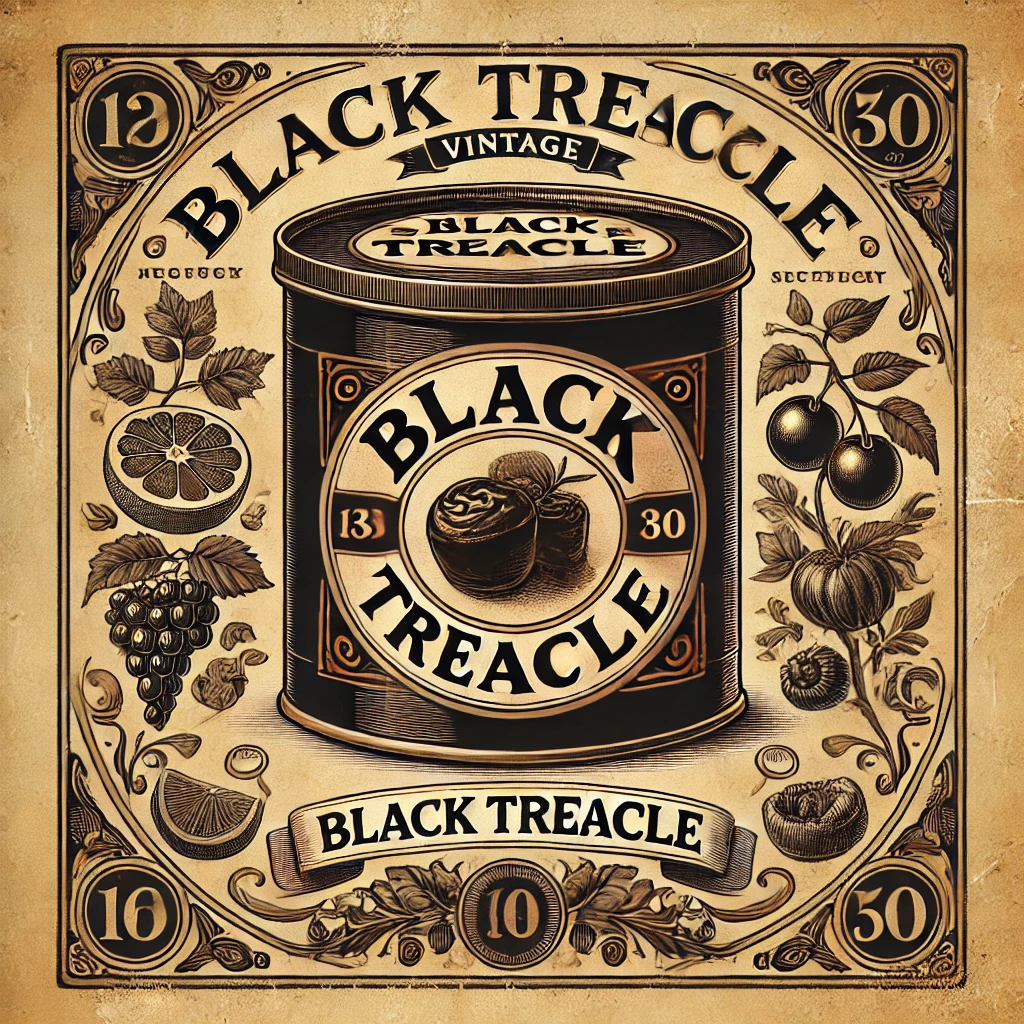
Conclusion
Black treacle is a delightful syrup that offers much more than just sweetness. It is a nutritious ingredient that can enhance both sweet and savory dishes, making it a versatile addition to any kitchen. With its rich history and array of health benefits, black treacle deserves a place in your pantry.
The next time you’re looking to sweeten a dish or add a touch of depth to your cooking, don’t hesitate to reach for this unique and flavorful syrup.

